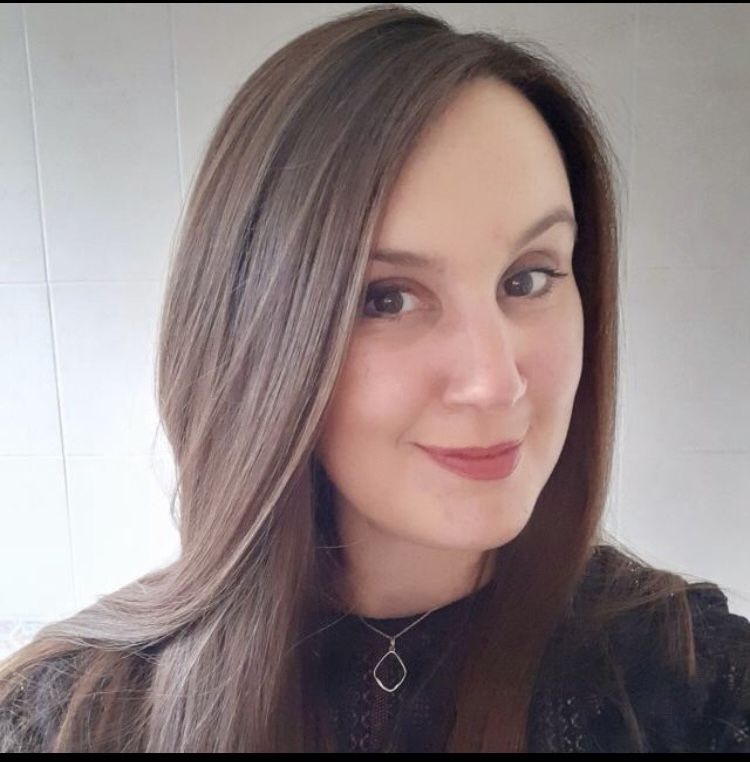Welcome to Year 2 with Mrs Choudhury and Mr Powell


Helpful Resources
|
Subject Area |
Learning |
How you can help at home |
|
English |
Reading: Fiction and Non-fiction Texts: Students will explore a range of fiction and non-fiction texts, including narratives, poetry, information texts, and traditional tales. They will learn to distinguish between different genres and identify the features of each. Comprehension: Emphasis will be placed on developing comprehension skills, such as predicting, inferring, summarizing, and making connections between texts. This may involve guided reading sessions, where students engage with texts both independently and collaboratively. Vocabulary Development: Building on their existing vocabulary, students will learn new words and phrases in context. This may involve exploring synonyms, antonyms, and the meanings of words through exposure to rich texts and discussions. Writing: Non-fiction Writing: There will be a focus on writing for different purposes and audiences, including writing recounts, explanations, and instructions. Students may be encouraged to use headings, subheadings, and simple formatting to organise their writing. Grammar and Punctuation: Students will continue to learn about sentence structure, punctuation marks, and grammatical concepts such as nouns, verbs, adjectives, and adverbs. They will apply this knowledge to improve the clarity and coherence of their writing. Handwriting: Handwriting practice will continue to refine students’ letter formation, spacing, and legibility. They may also start to explore joined-up handwriting or cursive script when they are ready to do so. Speaking and Listening: Some of the key texts we will use to inspire writing are: The Incredible Book Eating Boy, Paddington, The Street Beneath my Feet, A Street Through Time, We’re Going to Find the Monster and books from the Little People, Big Dreams series.
|
Talk about our topic. Any additional research will make them better writers! Reading for at least 10 -15 minutes each day makes a huge difference! Reading material can take the form of packets, magazines, signs and of course fiction, non-fiction and poetry books. READ pictures too! Take a trip to your local library and select a book related to our topics Remember to keep reading to your child, as it should be an enjoyable experience – get cosy with a nice blanket! Can they predict what may happen next? Do they understand why certain events may have taken place? Can they describe a character’s motivations? Talk about new and interesting vocabulary that they come across and make sure they understand the meaning. There is a spelling list of words that your child should be familiar with by the end of year 2 on the school website. It is located under ‘parent zone’-‘home learning’. It would be wonderful if they could read what they have written back to you to ensure it makes sense and includes a capital letter and full stop. Remember if you would like to support your child with comprehensions you can get work booklets from any good book shop/Amazon. |
|
Spelling |
Spelling lists are available on the website. The children will be taught specific spelling rules and patterns. You have been gifted a common exception word booklet at the meeting in the Autumn term. |
The children will take part in spelling lessons based on the Supersonic Phonic Friends programme, an information sheet about this will come home with them each week to show what we have been learning. We would appreciate your support with helping your child to spell correctly. The children will be tested on the words via a dictation – this ensures that they are able to spell the word within the context of a sentence and not simply for a test. They also need to be secure with the year 1 word lists. |
|
Maths |
We follow the White Rose scheme of learning for maths. In Autumn we cover place value, addition and subtraction and shape. In Spring we study money, multiplication and division, length and height and statistics. In the Summer term we cover fractions; time; mass, capacity and temperature and position and direction. |
Where your child shows an interest in numbers at home encourage them to show you pictorial representations. If the numbers are not correctly oriented, show them the correct formation and encourage them to have a go again. Could you engage in messy play – forming the numbers in cornflour and water? How about using chalks in the back garden? Or even a hose? If you’re not feeling adventurous a paint brush with water would also do! When shopping encourage your child to look at the weights and prices of items. Go to the park. Collect and count natural items. Create a ‘copper jar’ at home and allow your child to count the amount – are they counting in 1ps or 2ps? Could you set up a little shop with a till? Invite friends/family around for a shopping experience! Chant in 2s, 5s and 10s. Can you change your accent? Can you raise or lower your voice? Does your child also chant them backwards. When counting forwards could you start at a number other than 0 or 1? Engage in cooking experiences – your children become so much more confident when you believe that they can cook and bake. Consider getting an analogue watch for your child. Discuss when activities start/end and their duration. Some children can find time quite challenging, so any and all support in this area is most beneficial. Play games likes snakes and ladders, as your child will be looking at numbers and they will become more fluent adding/subtracting small numbers from them.
|
|
Creative Curriculum |
Autumn 1’s topic is Scrumdiddlyumptious. Our focus in science, PSHE and DT will be on eating healthily, different sources of food globally and ways in which to keep our bodies healthy.
In Autumn 2 our topic is Street Detectives. In history we will learn about changes over time and make comparisons between cities past and present. We will also focus on learning about how London’s transport system has developed over time. In Geography we will revisit learning about human and physical features and make comparison between the United Kingdom and Peru.
Throughout Spring 1 and 2 our topic is Big Dreams and Changemakers. In this topic we will learn about a variety of significant individuals from history and current times. Children will consider why they are important, their key achievements and their lasting impact. Some of the individuals we will learn about are Florence Nightingale, Mary Seacole, Amelia Earhart, Frida Kahlo and Malorie Blackman. |
You may help at home by discussing and asking questions about your child’s learning. Explore plant and animal habitats within your local environment to build on our Science learning and look at maps, both local and world wide to support our Geography learning. |
|
RE |
Our area of focus in RE in the Autumn term is Special places. Within this we will explore special places of worship as well as identifying places that are special to the children and why they are special. In the Spring term our focus is Special People. In this unit children will learn about leaders from different religions and reflect on their impact. |
Discuss at home the celebrations and times that are important to you and your families and communities. Ask your child about the things they are learning in RE. There are lots of good books about special people in the Religion section of your local library that are very child friendly at an age-appropriate level.
|
|
PE |
The children will have their PE lessons run by Non Stop Action. This is currently on a Tuesday afternoon and it is inside. |
Please ensure all kit is labelled and in school at all times. Do your child’s plimsolls still fit them? PE is sometimes outside so your children can wear labelled navy jogging bottoms and sweater. |
Home Learning
As well as reading independently for at least 15 minutes every day, as per our homework policy, children in year 2 will also be expected to spend at least 5 mins practising their knowledge of the 2x, 5x and 10x tables. Homework will consist of spelling/handwriting practise and some consolidation of maths concepts or other learning we have been doing in class. It may also involve comprehension activities such as reading and discussing a text.
Homework will continue to be set every Friday and should be returned on Wednesday. Please also note that guided reading books should also be returned every Wednesday along with homework.
